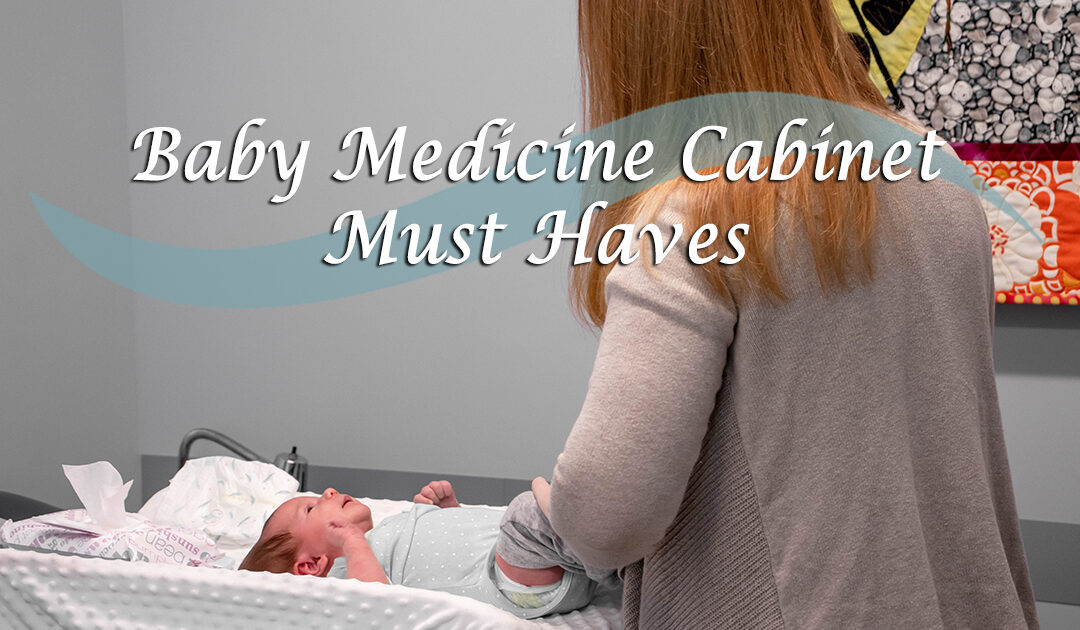Baby Medicine Cabinet Must Haves
Stocking up your baby’s medicine cabinet will help you with any illness that may come up. Taking care of an infant largely relies on your ability to keep them healthy and safe. It includes countering the seasonal flu, diaper rashes, fever, etc. Most of these medications don’t require prescriptions, but some require a pediatrician’s directions.
You should always check with your pediatrician about what medications are best for you to use for your baby first, but these are some common ones that can help when you might need them!
Things to have:
Acetaminophen (Tylenol)
The basics start with countering fever and weather changes using Acetaminophen (Tylenol). It can be given with a 6-8 hour gap but only to infants older than three months.
Simethicone drops (Mylicon, Little Tummys, or ColicComfort)
If you notice that your infant is more flatulent than normal, it can be an indicator of intestinal problems. For this, you may want Simethicone drops (Mylicon, Little Tummys, or ColicComfort). Gas bubbles in babies can also be released by their parent with a simple cyclic leg exercise.
Ibuprofen (Advil, Motrin)
Ibuprofen (Advil, Motrin) is another example of a pain reliever that breaks the fever. Smaller doses should be given to give your child’s immune system to help counter the disease as well.
Oral Rehydration Solution (such as Pedialyte)
Since the baby’s organs are still building their tolerance, stomach problems are inevitable. With these comes the chance of dehydration. Sometimes you might need an oral rehydration solution such as Pedialyte. Any mineral and vitamin deficiencies can be covered by giving your child these electrolytes.
Rectal Thermometer
To counter an illness, you would have to be aware of there being one! Look for any signs of unusual behavior and keep a thermometer at hand to check the baby’s temperature in case you suspect a fever.
Bulb Suction and Saline Drops
Unlike adults, infants are unable to blow their noses, so any congestive illness is countered with Bulb Suction and Saline Drops to take the mucus out. There are many options to help you remove your baby’s mucus!
Diaper rash cream and Petroleum jelly
For drier months, keep petroleum jelly and diaper rash creams to put on between diaper changes. Keep your baby’s skin moisturized through those winter days to avoid cracking and breakouts.
Medication to Avoid
Some medications need to be avoided like:
- Decongestants (Sudafed)
- Cough Suppressants (Robitussin, Delsym)
These are not recommended for infants and are even discouraged for children above six years.
Finally, aspirin is not good for babies. It is even discouraged for teens under the age of 18.
Some illnesses come with little to no warning. Having a full medicine cabinet ready for when something might occur is great for maintaining the baby’s health. If you are ever concerned with your baby’s health, you should reach out to your pediatrician immediately for more help!

